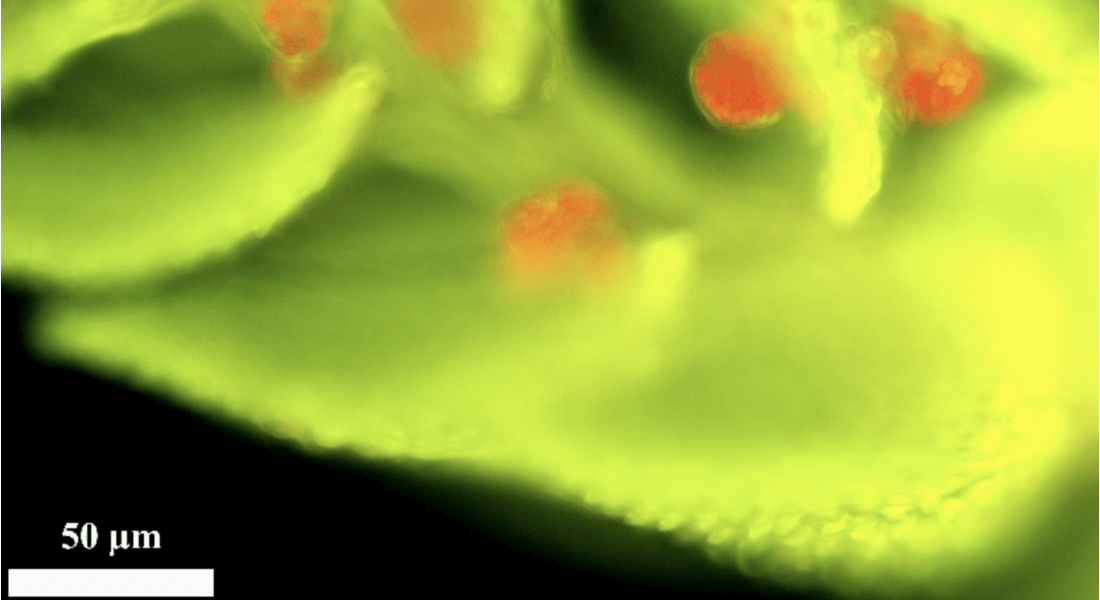VOLT research wins Haldane prize

Our article ”High nitrogen-fixing rates associated with ground-covering mosses in a tropical mountain cloud forest will decrease drastically in a future climate” published in the journal Functional Ecology has won the Haldane prize 2022!
The work was a collaboration between VOLT members and colleagues from Sweden and the UK. Here, we quantified for the first time nitrogen (N) fixation by cyanobacteria colonizing mosses and liverworts in tropical montane cloud forests in Peru. We show that N fixation rates are comparable to other N input sources in these ecosystems, and that drought as a result of climate change will have a strong, negative impact on this ecosystem function.
Some background about the prize and the British Ecological Society
The prizes are awarded for the best paper by an early career researcher in seven of the BES journals: Journal of Applied Ecology, Ecological Solutions and Evidence, Functional Ecology, People and Nature, Methods in Ecology and Evolution, Journal of Ecology and Journal of Animal Ecology.
The winning papers are selected by the Senior Editors of the journals and the awards will be presented to the winners at the BES Annual Meeting in Belfast at the end of the year.
The winners receive a prize of £250, membership of the BES, a year’s subscription to the respective journal, and free attendance to the BES Annual Meeting to present their work and receive their award from the President of the BES.
British Ecological Society
Founded in 1913, the British Ecological Society (BES) is the oldest ecological society in the world. The BES promotes the study of ecology through a range of scientific literature, funding and events, education initiatives and policy work. The society has over 7000 members from nearly 130 different countries.
www.britishecologicalsociety.org
Twitter and Instagram: @BritishEcolSoc
You can read the scientific article here
You can also read the story published in Functional Ecologists, where Aya Permin discusses her paper.
